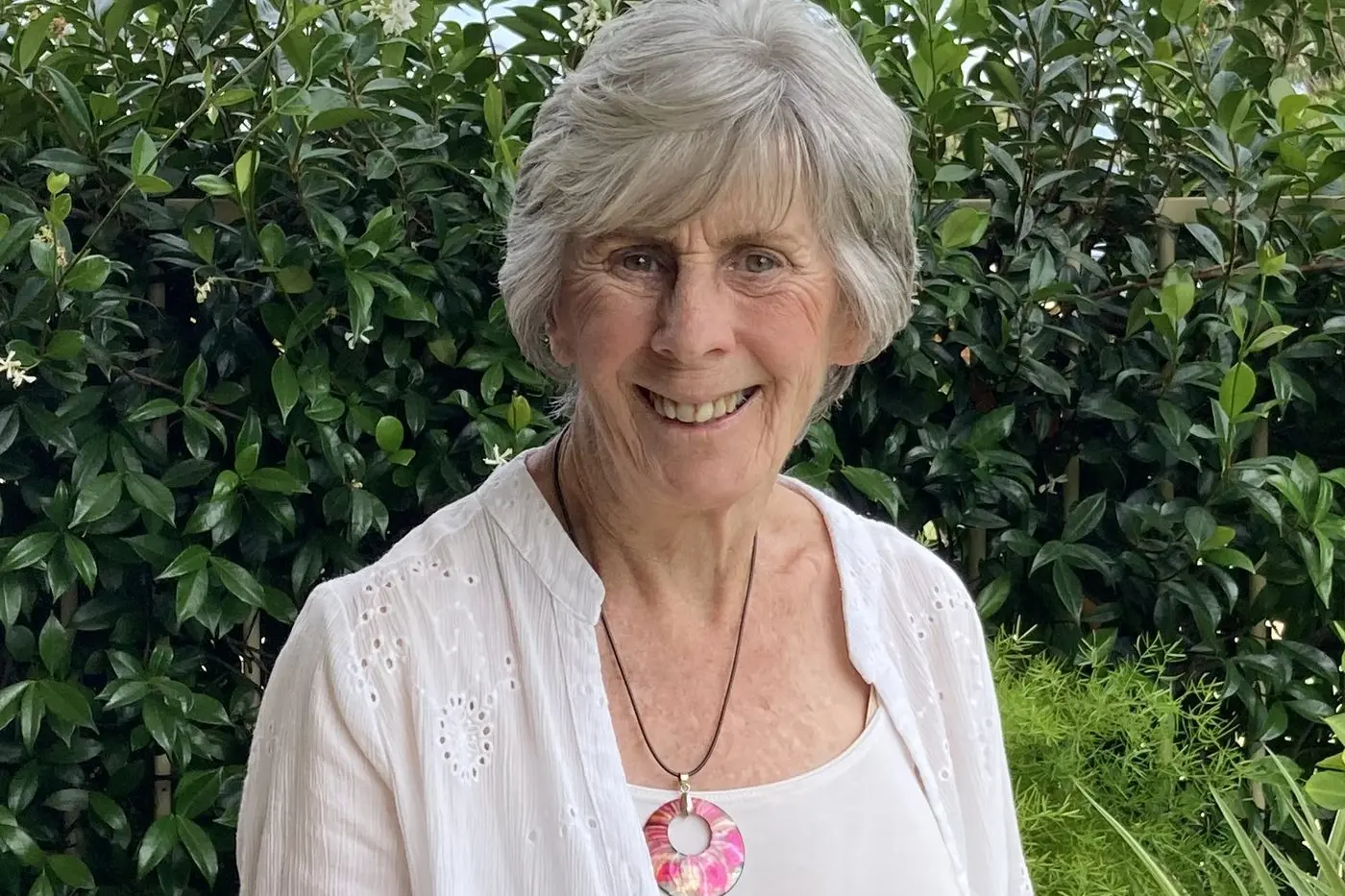PHOTO
A report released earlier this month has revealed dementia is now the leading cause of death for Australians.
Figures have been released in the latest update by the Australian Institute of Health and Welfare’s (AIHW) ‘Dementia in Australia’ report.
The study has also found that without significant intervention, the number of Australians living with dementia will exceed one million by 2065.
This month marks Dementia Awareness month while last week was Dementia Action Week with the theme ‘Nobody can do it alone’.
Dementia Australia CEO Professor Tanya Buchanan said the report, released in the lead-up to Dementia Action Week, showed the enormous impact dementia has on Australian families.
The report also revealed 43 per cent of the illness in Australia can be attributed to six modifiable risk factors.
These are being overweight or obese, physical inactivity, high blood sugar, high blood pressure in midlife, smoking and impaired kidney function.
Rutherglen’s Penny Bingham has campaigned for dementia awareness since the Beechworth support group “Changing Minds’ kicked off a decade ago.
The group now runs as part of Upper Murray Family Care (UMFC) with offices in Wangaratta, Wodonga and Albury.
Ms Bingham, nearing fruition of a memoir, has an important story to be told about her late husband Fred who lived with dementia.
Positive responses received in workshops when sharing aspects of her lived experience prompted her to embark on the novel based on a kept journal of Fred’s illness.
“I now see the memoir along with my advocacy as Fred’s legacy,” she said.
Ms Bingham said with expected numbers to soar over the next 40 years, governments need to fund programs to reduce the number of people succumbing to the illness.
She said the budgetary and financial aspects of dementia nationally is enormous.
“According to a study by Flinders University, in 2016, the average cost of providing residential care for a person with dementia was $82,300 and would be significantly more now,” she said.
Ms Bingham said home care packages are a huge burden on governments as well as more than one medical condition diagnosed for those living with dementia adding to costs.
"Dementia impacts every aspect of a person’s life robbing them of their independence, dignity and identity,” she said.
"With an ageing population, we are all going to be impacted, be it with a family member, relative, friend, neighbour or work colleague.
“Awareness and education are critical.”
Ms Bingham said support groups with invaluable knowledge play a vital part in the journey for those living with dementia.
"People in support groups understand the challenges faced and are heard,” she said.
“Whenever an issue arises, someone has a solution or knows where to find one.
“The support group helps people maintain social contacts, and the research tells us how vital this is, as lack of social contact reduces life expectancy and reported to be equivalent to smoking 15 cigarettes a day."
Ms Bingham said Brooke Boede facilitates the Beechworth support group and is the UMFC contact for locals.
Dementia Australia helpline on 1800 100 500 can also be contacted for people looking for support or by visiting website dementia.org.au.
Dementia Support Australia can also be contacted on 1800 699 799 or by visiting website dementia.com.au.
A free non-academic program ‘Preventing Dementia MOOC’ without essays and exams is offered by the University of Tasmania.
For more information visit https://mooc.utas.edu.au/course/20183/Preventing_Dementia

